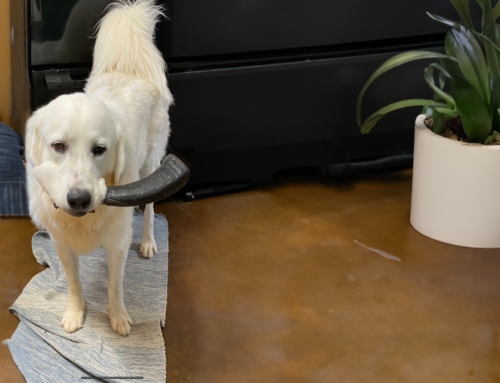How to Navigate Grief After Losing a Loved One
This blog continues our two part series on dealing with grief after losing a loved one and offers six various strategies to address the loss. We all deal differently when we are mourning our losses and this blog offers some tools to help navigate this very difficult journey.
Losing someone you love is one of life’s most difficult experiences. The grief that comes with such a profound loss can feel overwhelming and never-ending. In the aftermath of a shattering loss, I have found myself on an unwanted journey that no one can fully prepare for. Grief is a wilderness – dark, scary, and impossible to navigate at times. There have been some days on this journey that I don’t recognize myself or the person I’ve become. Other days, I catch glimpses of the woman I used to be and fight to reclaim that light. While I have found that there is no way to skip over the pain of grief, there are some things you can do to help navigate this dark period and find a “new normal” with happiness and peace.
I have found these suggestions helpful and I hope that you do too!
Allow Yourself to Feel
Grief involves a tangle of heavy emotions like sadness, anger, guilt, anxiety and numbness. As tempting as it may be to try to avoid or suppress these feelings, it’s important to let yourself feel them fully. Unresolved grief can lead to complicated grief, depression and other difficulties down the road. Find healthy outlets like journaling, talking to friends, or joining a grief support group.
Take Care of Yourself
When you’re grieving, it’s easy to neglect your own basic needs. Make an effort to eat healthy meals, get enough rest, exercise a bit each day, and stay hydrated. Taking care of your physical health can give you greater reserves to cope with the waves of grief.
Find Understanding Support
Grief can be an extremely isolating experience, but having empathetic support can help you feel less alone. Surround yourself with friends and family who are willing to listen without judgment and offer comfort. Support groups with others facing similar losses can also be invaluable.
Be Patient With Yourself
There’s no set timeline for grieving, despite what others may suggest. Grief comes in cycles, and you may feel like you’re making progress only to get hit with intense grief again. This is normal. Be patient and kind with yourself through this nonlinear process.
Consider Professional Support
Profound loss can be traumatic and lead to unhealthy coping behaviors like substance abuse. If your grief feels unmanageable with time, consider seeing a grief counselor or therapist for professional support. Getting help is a sign of strength.
Cherish Happy Memories
In time, focus on celebrating the wonderful memories you have of your loved one, instead of just dwelling on their death. Look through old photos, tell funny stories, listen to music you enjoyed together. Finding ways to honor their life can provide comfort.
Healing from such a deep loss takes patience, self-compassion and support. But even amid immense grief, you can find moments of peace, gratitude and eventually, a new way of moving forward with the treasured memories of your loved one and happiness for yourself.





